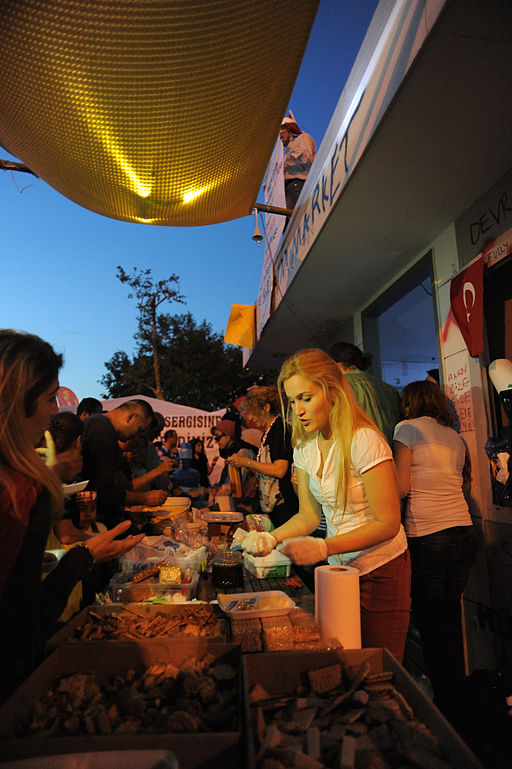 A rapid-demand increase combined with limited food production has led to a general reduction in the global food supply. Currently, the prices of food have tremendously increased and food riots have broken out in many countries. Experts have asserted that this is just the beginning, since the world may need to control the remaining food supply as much as it can, once the unavoidable disruption takes place. Tunisia is a good example: where riots over corruption and the prices led to the president fleeing the country and slashing the prices of food so as to contain costs. Since then, the protests have spread to other countries such as Morocco, Libya, Algeria, Jordan and Yemen. In response to the riots, the governments have started to implement fiscal packages that would ease the prices temporarily and maintain political stability.
A rapid-demand increase combined with limited food production has led to a general reduction in the global food supply. Currently, the prices of food have tremendously increased and food riots have broken out in many countries. Experts have asserted that this is just the beginning, since the world may need to control the remaining food supply as much as it can, once the unavoidable disruption takes place. Tunisia is a good example: where riots over corruption and the prices led to the president fleeing the country and slashing the prices of food so as to contain costs. Since then, the protests have spread to other countries such as Morocco, Libya, Algeria, Jordan and Yemen. In response to the riots, the governments have started to implement fiscal packages that would ease the prices temporarily and maintain political stability.
It is unfortunate that the problem is not temporary. There are flaws in the current food distribution systems, whose aims include enhancing market efficiency and profitability. The systems do not have safeguards from food supply disruptions. Food production has been shifted by market economics to specialized regions, which has made many places stop cultivating food independently. Governmental stocks of grain supply aimed at guarding against food shortages are almost gone. The demand and food prices have increased for several reasons other than population growth. The level of resource consumption has heightened following the recent consumer explosion in India, Brazil and China. The rising price of food has mainly been felt by the poor population and has therefore been quite easy to overlook. Only a small amount of total cost correlates with raw materials, owed to the fact that processed food makes the majority of food consumed in first world countries.







Leave A Comment